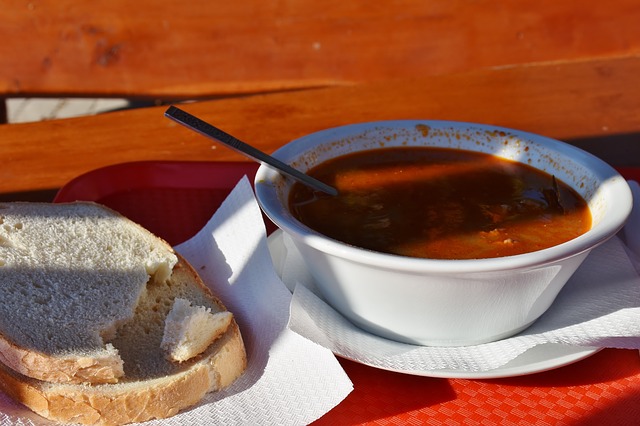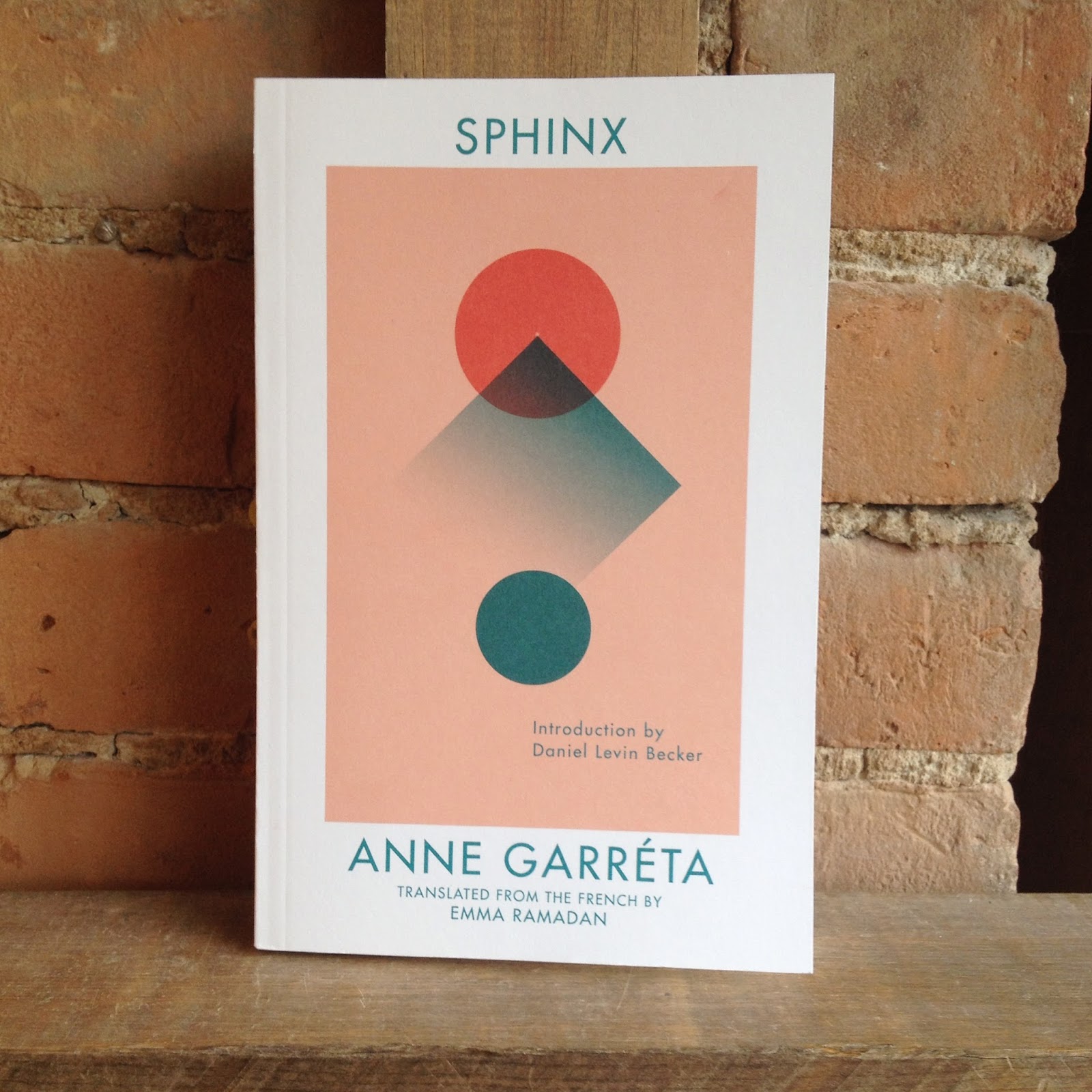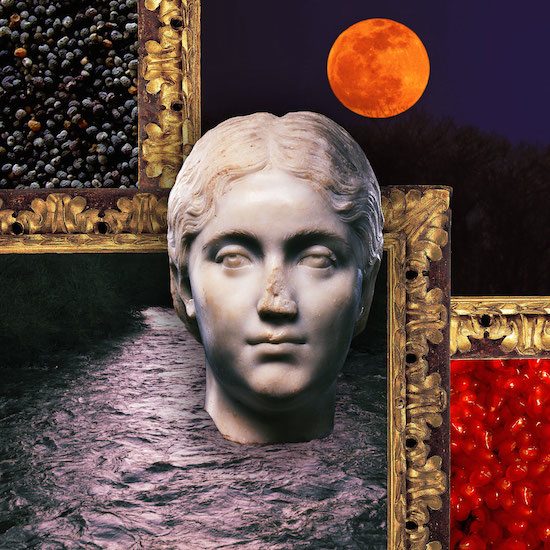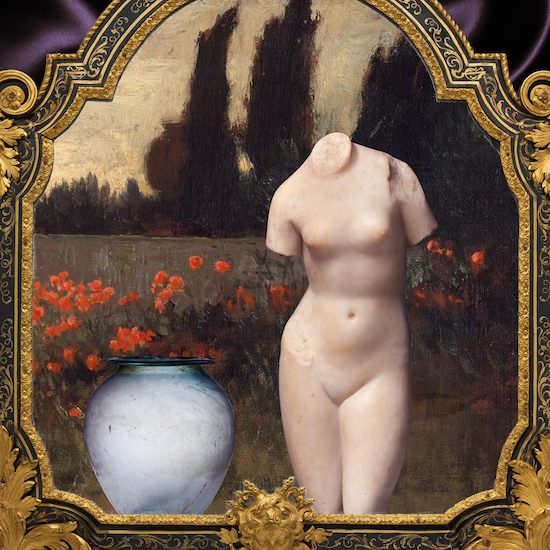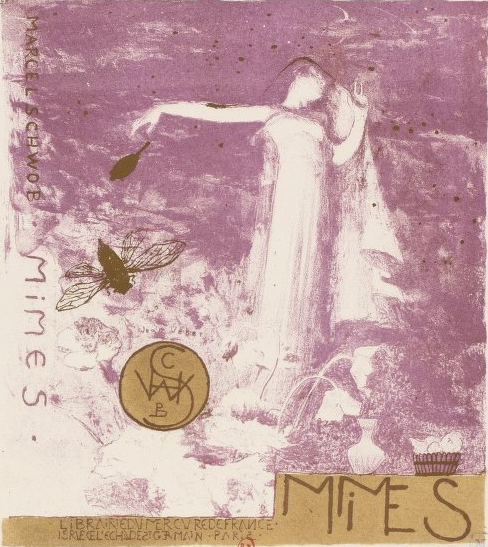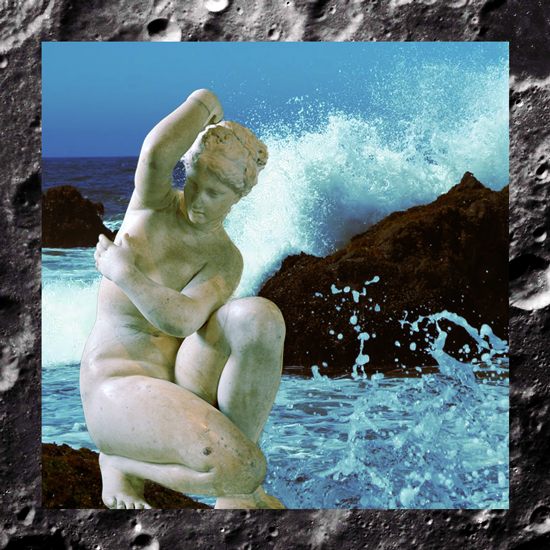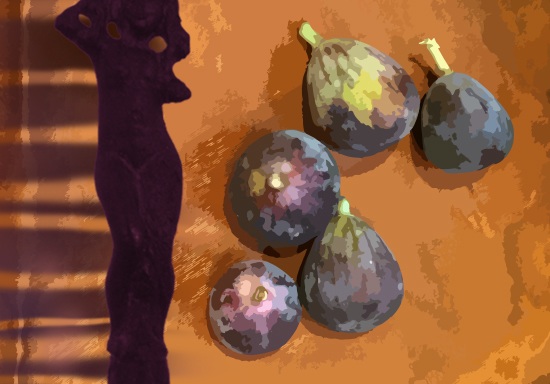What was making me sad? My books—all my books—were sleeping on the shelves. No one had spoken badly of me. My family and friends had no particular worries. I found myself in the midst of all things. So I did not need to fear that events, in my absence, would take a turn I would be unable to change. I was not unhappy with myself. And, even had I been, this intensity of feeling was different.
It was eleven o’clock at night. A lamp without a shade lit my desk. I had not gone out all day. Whenever fresh air has not put color in my cheeks, I don’t feel at ease. My wrists are smoother and I notice, with some displeasure, that the down covering them is silkier, and when I go to bed, my unexpended energy makes me uncomfortable.
I was dozing in an armchair. At the seam where the red velvet meets the wood, golden tacks form a border. One of them was missing and, there, the edge sagged a bit. I sat motionless. My hand tugged at this seam without my being aware of it, as it sought unconsciously to pull out the next tack.
It was only once I had managed to pull it out that I became aware of what I was doing. I felt a small joy at this discovery, as I feel each time I catch myself doing something without realizing it, or when I bring to light a sensation in me of which I was unaware. It makes me as happy as a ray of sunshine or a kind word. Anyone who would criticize me for this tiny joy will never understand me. I think that seeking knowledge of oneself is a pure deed. To criticize me for digging too deep into myself would be to criticize me for being happy.
I have to say, though, that this joy is very fragile. It really is not equal to the joy a ray of sunshine gives us. Quickly it disappears, and I have to look for something else inside me to bring it back to life. Then, in the intervals, it seems that everything is hostile to me and that the people around me, with their simple joy, are in reality happier than I am.
*
I was reading when there was a knock at the door. It was my friend Paul. He rushed in and the door, which he had yanked behind him so it would close, stopped half-way.
“What’s the matter, Paul?”
“Nothing.”
His face was pale, and his eyes darker than usual. He dropped onto the sofa, which he knew was soft.
“But what is it?”
He stood, walked around the room as I put my book down, and lit a cigarette, then sat again. He was smoking the way nervous people do, his cigarette drooping from his mouth. From time to time, he would spit out bits of tobacco.
“Please, Paul, tell me what’s happened to you.”
I looked at him. I tried to find a gesture, an expression, something in his bearing that would reassure me. But there was nothing. If he had been holding some object, his fingers would have trembled. He must have realized this because he avoided touching anything whatsoever.
“Paul, I’m your friend. Tell me everything. You know if there’s anything I can do for you, I’ll do it. It hurts me to see you like this, without being able to help you.” READ MORE…

